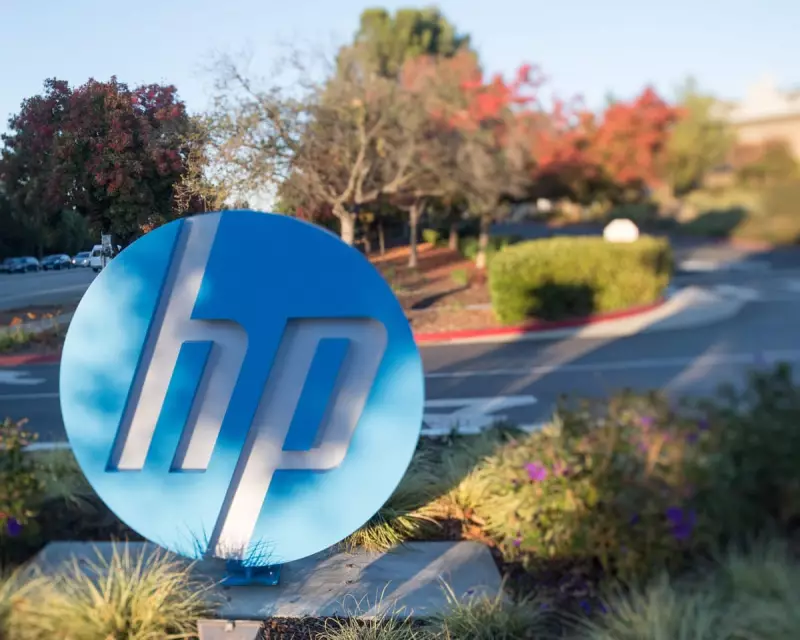
Technology giant HP has unveiled a sweeping restructuring plan that will see the elimination of up to 6,000 jobs globally by 2028. The announcement came as the company provided a lower-than-expected profit forecast for the coming year, sending its shares down by 6%.
A Strategic Pivot Towards Artificial Intelligence
Enrique Lores, the Chief Executive of the California-based computer and printer maker, stated that the significant workforce reduction is a strategic move to deeply integrate artificial intelligence across the company. He framed this as a “significant opportunity to embed AI into HP to accelerate product innovation, improve customer satisfaction and boost productivity.”
The job cuts, which will affect between 4,000 and 6,000 roles by the end of October 2028, represent a substantial portion of HP's current workforce of approximately 56,000 employees. Lores indicated that teams focused on product development, internal operations, and customer support will be most impacted by this decision.
Financial Implications and Industry Context
This drastic measure is projected to yield significant financial savings for the company. HP anticipates achieving annualised savings of $1bn by 2028. However, the restructuring itself will incur a substantial one-time cost, estimated at around $650m.
This is not the first round of cuts for HP, which already reduced its staff by 1,000 to 2,000 employees in February as part of an earlier restructuring effort. The company finds itself among a growing list of firms attributing workforce reductions to the adoption of AI and automation.
The news coincides with a stark warning from the National Foundation for Educational Research. The leading educational charity cautioned that up to 3 million low-skilled jobs in the UK could disappear by 2035 due to automation and AI, with trades, machine operations, and administrative roles being most at risk.
A Wider Trend in the Corporate World
HP's announcement is part of a broader industry trend. Just last week, the prestigious law firm Clifford Chance revealed it was cutting its business services staff in London by 10%, equating to roughly 50 roles, partly due to new technology adoption.
Similarly, the head of PwC publicly revised the firm's ambitious plan to hire 100,000 people between 2021 and 2026, citing that “the world is different” and AI has altered its hiring requirements. In the fintech sector, Klarna reported that AI-related efficiencies have allowed it to nearly halve its workforce over three years through natural attrition, replacing departing staff with technology.
Despite the challenging outlook, HP reported a silver lining in its quarterly earnings. The company announced better-than-expected revenues of $14.6bn for its fourth quarter. A key growth area has been demand for AI-enabled PCs, which constituted more than 30% of HP's shipments in the quarter ending 31 October.
Looking ahead, the company faces headwinds from rising memory chip costs. Analysts at Morgan Stanley have warned that soaring prices, driven by demand from data centres building advanced AI models, could dent profits at HP and rivals like Dell and Acer. CEO Lores confirmed that memory costs, which make up 15% to 18% of a typical PC's cost, have been accelerating in recent weeks.





